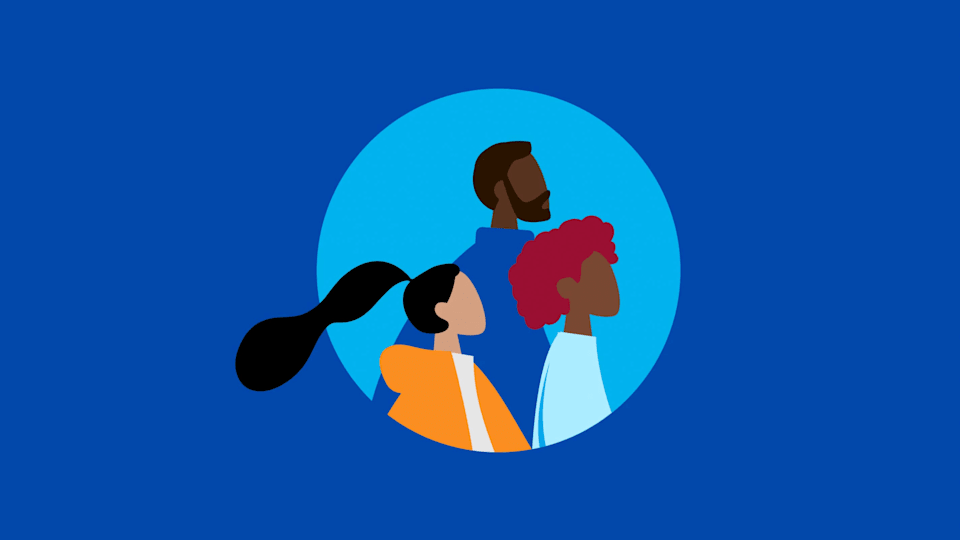World Mental Health Day: How the IOC ran the largest online abuse prevention programme ever conducted in sport at Paris 2024
The International Olympic Committee (IOC) today released the initial figures from the new artificial intelligence (AI)-powered cyber abuse protection service that was put in place during the Olympic Games Paris 2024, the largest and most comprehensive service of its kind in sports history.

During the Paris Games, the online abuse protection service:
- analysed 2.4 million posts and comments from the 20,000 athletes’ and officials’ social media handles, in real time and in over 35 languages
- flagged over 152,000 posts and comments as being potentially abusive via AI
- verified over 10,200 posts and comments as abusive, and reported these to the platforms for removal
- detected 8,900 unique accounts sending abusive messages.
Key insights include:
- 353 athletes/officials were directly targeted with abuse
- the dominant type of abuse was gender-based, with sexual/sexist violence specifically targeted at female athletes
- male athletes accounted for approximately 70 per cent of all athletes targeted by online abuse.
Over 10,400 athletes and officials, with one or more active social media accounts, were automatically protected by the service during the Games, with targeted abusive posts identified, verified and escalated for removal, in many cases before they reached the athletes. The 20,000 accounts covered spanned four social media platforms: X, Instagram, Facebook and TikTok.
On-the-ground safeguarding and mental health support was systematically provided to targeted individuals.
These figures demonstrate the scale of protection that was provided at the Olympic Games Paris 2024 – and the scale of online abuse that athletes and officials face. The legacy of this initiative, which put athlete wellbeing front and centre, will continue long after the Games. The full report, which will be available later this year or early in 2025, will inform data-driven strategies to protect athletes and officials from cyber abuse, which causes real harm.
As part of the implementation of the Olympic AI Agenda, the service was the largest online abuse prevention programme ever conducted in sport. It proved to be an extremely effective way of enhancing athlete wellbeing during the Olympic Games.
Most comprehensive package of mental health and safeguarding initiatives ever
In an example of best practice, recognising the real embodied harm caused by online violence, the new AI-powered cyber abuse service was fully embedded in the most comprehensive package of mental health and safeguarding initiatives ever provided to athletes at the Olympic Games. This ensured that all targeted individuals received support. The package included:
- a first-of-its-kind Mind Zone - a space in the Olympic Village designed to help athletes reduce stress and mentally prepare for competition
- a network of safeguarding officers:
- 152 accredited National Olympic Committee (NOC) Welfare Officers, from 74 NOCs
- 41 International Federation (IF) safeguarding focal points
- 3 IOC Safeguarding Officers
- a Mentally Fit helpline available 24/7 in 70 languages.
A full report on the cyber abuse protection service put in place in Paris will be published later this year or early in 2025.